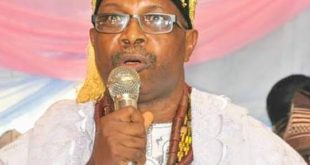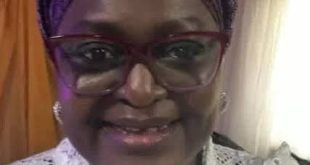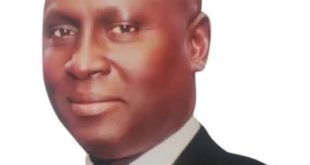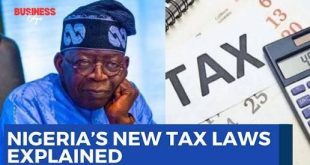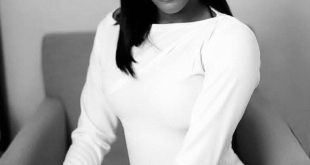By, Emeka Echewodor
A College of Cardinals will meet in conclave in the Sistine Chapel to debate and then vote for their preferred candidates until a single name prevails.
With 80% of the cardinals appointed by Pope Francis himself, they are not only electing a pope for the first time, but will offer a broad global perspective.
For the first time in history, fewer than half of those given a vote will be European.
And although the college may be dominated by his appointments, they were not exclusively “progressive” or “traditionalist”.
For those reasons, it is harder than ever to predict who will be elected the next Pope.
Could the cardinals elect an African or an Asian Pope, or might they favour one of the old hands of the Vatican administration?
A majority of at least two-thirds plus one to elect the new pope, so the voting can take several rounds spread over numerous days.
A total of 18 Africans are among the 135 cardinals eligible to elect the next Pope.
Though there are 252 cardinals, only 135 cardinals have voting status and are eligible to vote for the next Pope when the conclave begins.
Europe has the highest number, with 53 cardinals of voting status.
Asia, with 23, has the next highest number of cardinal electors, followed by Africa with 18 voting members of the College of Cardinals.
South America follows with 17, while North America has 16 cardinal electors.
Oceania and Central America, with four each, have the lowest number of electors at the forthcoming conclave.
The Cardinal electors of African origin are Fridolin Besungu (DR Congo), Ignace Dogbo (Ivory Coast), Stephen Brislin (South Africa), Arlindo Furtado (Cape Verde), Antoine Kambanda (Rwanda), Jean-Pierre Kutwa (Ivory Coast).
Others are John Njue (Kenya), Dieudonne Nzapalainga (Central African Republic), Peter Okpaleke (Nigeria), Nakellentuba Ouedraogo (Burkina Faso), Protase Rugambwa (Tanzania), Robert Sarah (Guinea), Berhaneyesus Souraphiel (Ethiopia).
The list of Africans also includes Desire Tsarahazana (Madagascar), Peter Turkson (Ghana), Jean-Paul Vesco (Algeria), Cristobal Romero (Morocco), Stephen Mulla (South-Sudan).
Interestingly, 108 of the electors were appointed by Pope Francis; 22 by his predecessor, Pope Benedict; and five by Pope John Paul II.
All cardinals under the age of 80 can take part in the secret ballot to be held in the conclave.
The cardinals considered to be the leading candidates to succeed Pope Francis are Peter Erdo (Hungary), Matteo Zuppi (Italy), Robert Sarah (Guinea), Luis Tagle (Filipino), Malcolm Ranjith (Sri Lanka), Pietro Parolin (Italy), Pierattista Pizzaballa (Jerusalem), Fridolin Besungu (Congo), Willem Eijk (Netherlands), Anders Arborelius (Sweden), Charles Bo (Myanmar), Jean-Marc Aveline (France).
More Cardinals have arrived at the Vatican following the death of Pope Francis on Easter Monday.
Approximately 60 cardinals gathered at the Synod hall for the first congregation of the College of Cardinals on Tuesday morning, led by the Camerlengo of the Roman Catholic Church, Cardinal Kevin Farrell.
The Cardinals had at the general congregation, on Tuesday, confirmed Saturday as the date for the funeral of the late Pope.
More Cardinals are billed to participate in the second general congregation scheduled to be held on Wednesday afternoon.
Wednesday morning will be dedicated to the ceremonial transfer of the Pope’s body to the Basilica, where he will lie in state.
 YouNewsng Discover. Succeed. Enjoy
YouNewsng Discover. Succeed. Enjoy


